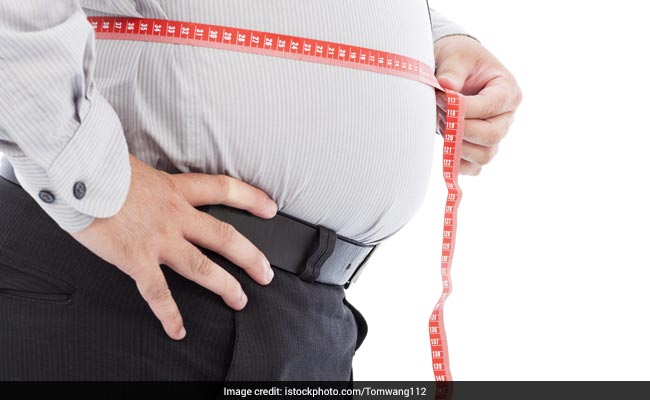Similar symptoms, but not the same: fat vs bloating.
Similar symptoms, but not the same: fat vs bloating.
Blog Article
Comprehending the Difference In Between Bloating and Fat: a Vital Overview for Digestive Wellness
Recognizing the difference in between bloating and excess body fat is important for any person concerned with digestion health and wellness. While bloating presents as a momentary and typically awkward condition, generally connected to nutritional routines or digestive disturbances, body fat stands for an extra permanent modification in one's body.
Specifying Bloating and Fat
Bloating and fat are 2 distinctive physiological sensations that can considerably impact a person's convenience and body photo. Bloating is usually a temporary occurrence and can change throughout the day, typically fixing with way of life adjustments or clinical interventions.
On the other hand, body fat is a more long-term and steady part of human physiology, mainly offering as a power reserve and playing crucial functions in hormonal agent policy and insulation. Body fat is categorized into two kinds: subcutaneous fat, which lies just underneath the skin, and natural fat, which borders internal organs. While excess body fat can lead to wellness problems, it is crucial for overall bodily features.

Sources Of Bloating

In addition, food intolerances, such as lactose or gluten intolerance, can cause bloating when the body has a hard time to refine particular substances - difference between bloating and fat. Consuming too rapidly or eating carbonated drinks can likewise exacerbate the problem, as these routines present excess air right into the digestive system
Lifestyle factors, consisting of tension and absence of physical activity, can better add to bloating by influencing digestive tract motility. Specific medical conditions, such as irritable bowel disorder (IBS) or intestinal blockage, might additionally result in persistent bloating. Understanding these causes is essential for efficiently taking care of and easing bloating, allowing individuals to make educated nutritional and way of living selections that sustain their gastrointestinal health.
Signs of Bloating vs. Fat
Comparing the signs and symptoms of bloating and excess fat is important for understanding one's body and addressing pain effectively. Bloating typically provides as a feeling of volume or stress in the abdomen, typically accompanied by visible distension. People may experience discomfort, cramping, or even pain, check my site especially after meals. Bloating can also result in excessive gas, leading to burping or unwanted gas.
While it might contribute to a feeling of heaviness, it usually does not create the acute discomfort connected with bloating. Instead, excess fat tends to build up slowly, leading to a modification in body form and dimension over time.

Identifying these distinctions is important. While bloating is frequently momentary and linked to nutritional variables or digestive concerns, excess fat suggests a more chronic problem calling for way of living adjustments. Recognizing these discover here signs and symptoms empowers individuals to look for ideal services tailored to their certain issues pertaining to digestion health and wellness and body composition.
Handling Bloating
Effective management of bloating requires a diverse technique that deals with both nutritional selections and way of living habits. Initially, it is necessary to determine and eliminate details foods that might cause bloating, such as those high in fiber, gluten, lactose, or particular fermentable carbohydrates (FODMAPs) Keeping a food journal can assist pinpoint these triggers and overview changes.
Integrating smaller, more constant meals as opposed to big ones can additionally lessen bloating, as it eases the digestive process (bloating vs fat). Remaining well-hydrated is crucial, as enough liquid consumption aids digestion and helps stop irregular bowel movements, which can contribute to bloating
Additionally, participating in normal physical activity promotes stomach motility and reduces bloating. Easy exercises, such as walking or yoga exercise, can successfully relieve discomfort. Mindful eating practices, such as consuming gradually and chewing food extensively, might better enhance food digestion and restriction air ingesting.
When to Look For Assistance
Acknowledging when to seek medical assistance for bloating is crucial, as persistent or severe signs and symptoms may indicate a hidden wellness problem. If bloating is accompanied by added worrying symptoms such as significant stomach discomfort, unexplained weight reduction, anal bleeding, or continual nausea and throwing up, it is essential to consult a healthcare specialist. These click indications might suggest problems such as short-tempered bowel disorder, intestinal blockage, or perhaps much more major concerns like cancer.
In addition, if bloating continues despite nutritional changes or non-prescription treatments, it necessitates more investigation. Individuals with a history of food poisonings should be especially attentive, as their danger for difficulties might be higher. Furthermore, if bloating happens adhering to the intake of specific foods, it may show food intolerances or allergies that require dietary modifications or screening.
Final Thought
In summary, distinguishing between bloating and excess body fat is essential for digestive system health and wellness and general health. Bloating, a short-lived condition commonly linked to dietary aspects and digestion concerns, contrasts sharply with the secure accumulation of body fat. Identifying the symptoms and underlying sources of each can promote suitable management techniques. Individuals experiencing relentless or extreme symptoms ought to seek specialist advice to deal with prospective health and wellness issues effectively. Recognizing these differences is important for informed decision-making concerning health and lifestyle.
Report this page